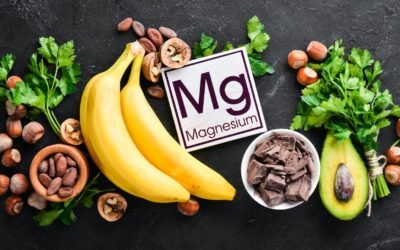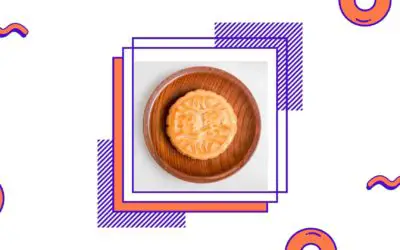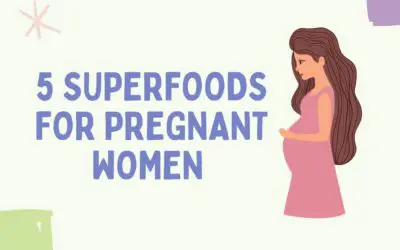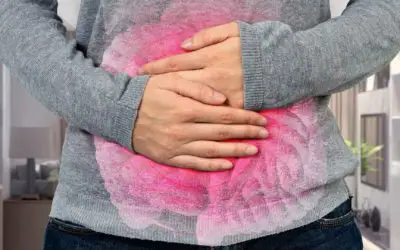We have all heard the word protein from our doctors and nutritionists. As most of us know, protein is essential for our bodies and a protein rich diet is very beneficial. What is protein and how does protein benefit your body. One question you may be having is, are all proteins good or are some worse for us than others? Most of us think that protein comes from meat which is partially correct. However, most people do not know that there are many food varieties that are healthy alternatives to meat when it comes to protein intake. Let’s take a look at what protein is and how it can benefit your body.
What Is Protein?
If you look up the word “protein” in the dictionary, you will see that protein is a macromolecule made up of amino acids, hydrogen, oxygen and sulfur that is found in food. Our bodies use protein to build muscle mass. Every single cell in our bodies contain protein. It is used to repair cells after exercise or injuries. Protein also helps create new cells. A lack of protein can cause weakness, soreness, muscle aches and spasms. These side effects occur because the cells in our bodies take protein from muscle tissue in order to support our vital organs. Unfortunately, humans cannot survive without protein. If you are a vegan or vegetarian, other sources of protein foods are available besides meat such as nuts which you can consume during snack time.
What Are the Benefits of Protein?
Have you ever wondered why body builders are always drinking protein shakes? As mentioned above, protein is used to repair and build cells in our bodies. An increase in protein will allow the body builder to build muscle quicker. Protein is the foundation to building bones and muscle. It also promotes healthy skin, cartilage and blood. Even our nails and hair consist mainly of protein.
How Much Protein Do We Need?
We know that we need protein in order to survive but how do we know how much protein we need to eat every day? Due to the fact that protein helps build muscle, we may automatically assume that more protein means more muscle. This is not exactly true. If you cannot burn off the extra protein, it will be stored in the body as fat. In the beginning stages of your extra-protein diet, you may lose weight at a more rapid pace. However, this is short-lived as the added protein turns to fat and results in weight gain if you cannot burn off the extra protein quick enough. This is especially true when an increased intake of calories is added to the mix.
So, how much protein do we need? It really depends on several factors such as age, weight, gender and several other contributing variables. The U.S. Department of Health and Human services recommend that teenage boys and men can get their needed protein with seven ounces per day. The elderly, women, and young children require just five ounces per day. The average falls at six ounces with differences due to health conditions, special diets, and physical activity. The total amount of protein can be separated into two to three servings per day. A protein shake in the morning and a couple handfuls of nuts each day will have you completing your protein intake without any regrets.
What Are Good and Bad Proteins?
Unfortunately for meat-lovers, some of our favorites top the list for bad proteins. Listed below are several examples of bad proteins.
- Processed meats such as bacon, sausage and hot dogs.
- Red meat. That means hamburgers and steak.
- High-fat dairy products.
Although some of our guilty pleasures are included in the bad-proteins list, there are still some very tasty alternatives to high protein food. Listed below are several examples of good protein.
- Egg protein
- Dried fruit
- Tree nuts
- Oats
- Chicken Breast
- Greek Yogurt
- Broccoli
You can allocate consumption of protein during snack time. The times in between meals are usually when we do our most unhealthy eating. Who doesn’t love eating a bag of chocolate covered pretzels followed by a milkshake in the middle of the day? Snacking on nuts and dried fruits is quite possibly the best way to get your protein because they are both a delicious and healthy choice while being high in protein. Dried fruits such as apricots, raisins, and figs are just a few of our favorite high-protein snacks. What is your favorite source of protein?






